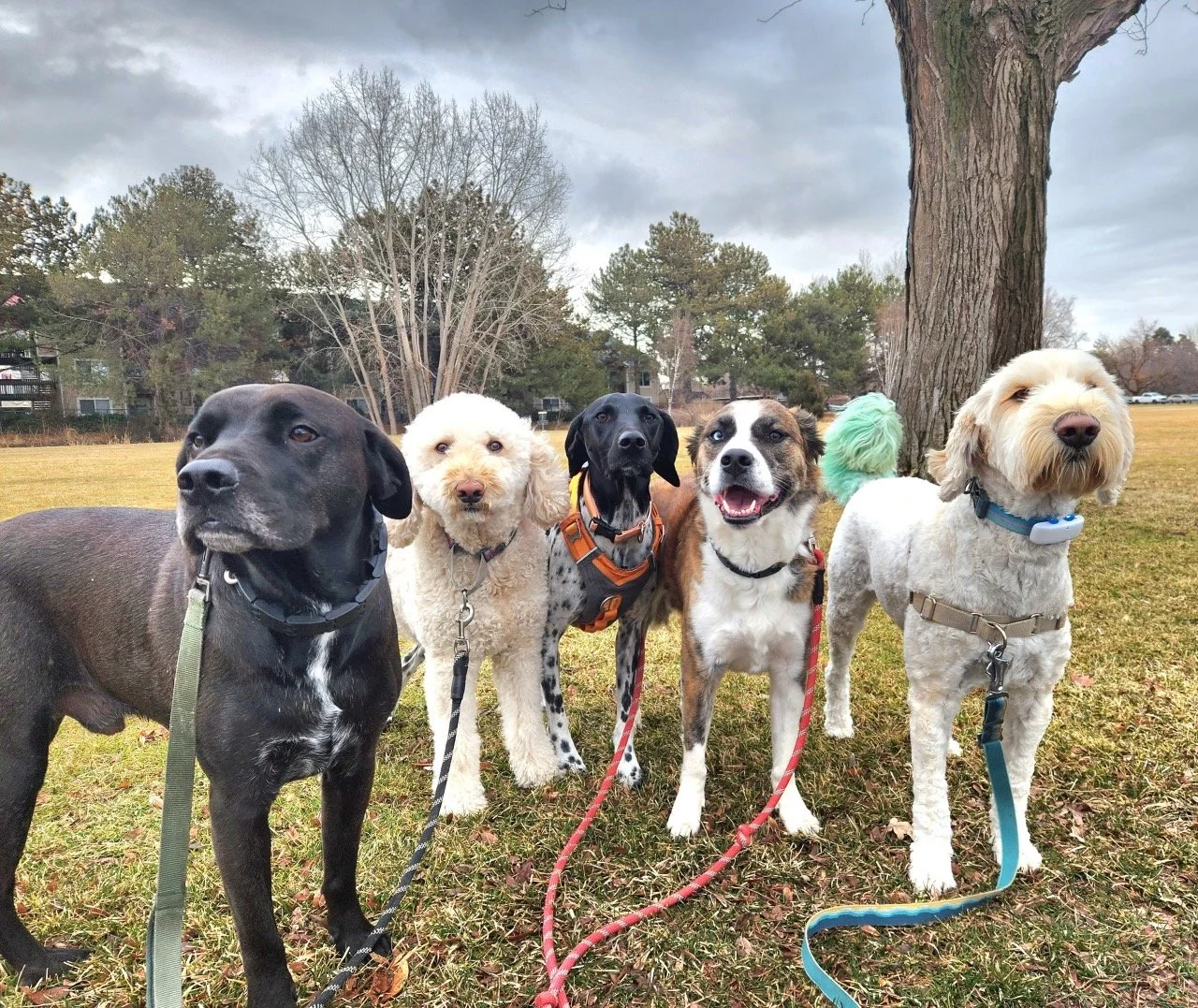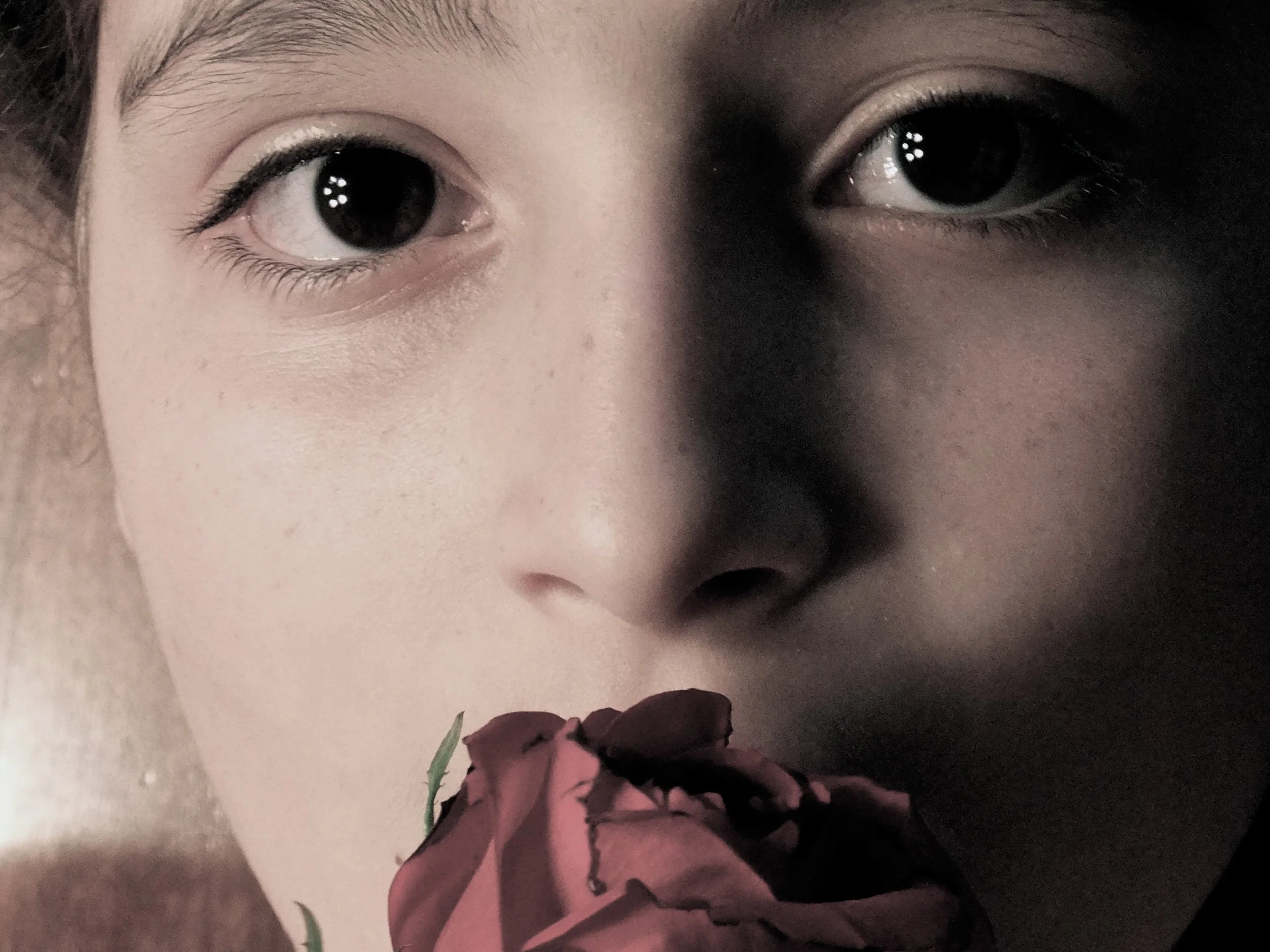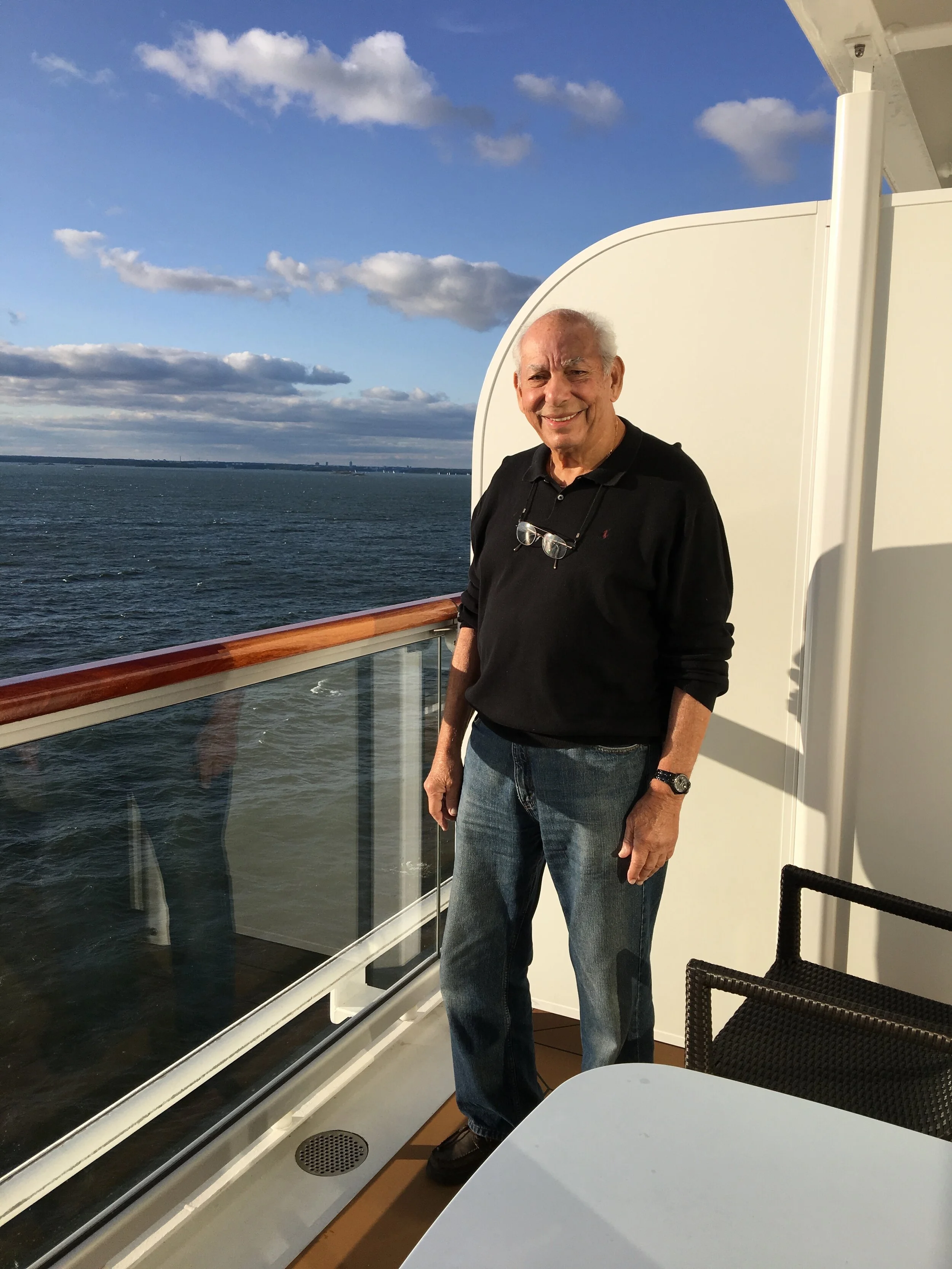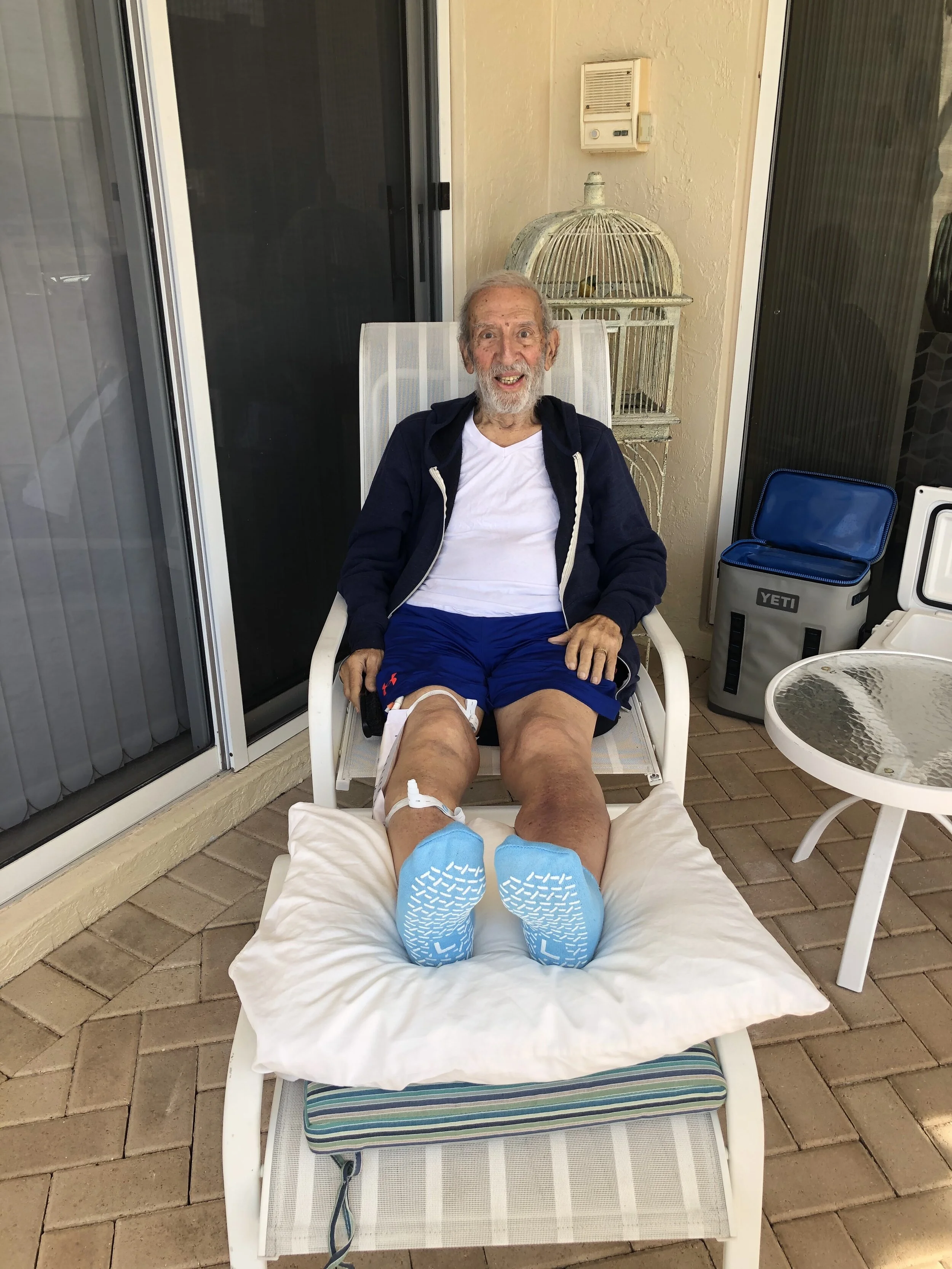At War With Ourselves
/He was visibly shattered. Despite his accomplishments as a successful businessman and elite athlete, his intolerance for his humanity raged.
"The most fundamental form of aggression is to ourselves."
— Pema Chodren, Writer, Teacher
He briefly skimmed over the reason for his visit: advanced metastatic cancer.
And then, without pause, the insults starting flying.
Not at me…. at himself.
He recounted his shortcomings: he drank too much, was not patient with employees, worked incessantly and didn’t get enough sleep.
“These are the reasons that I have cancer,” he told me. “ It’s my own fault.”
He elaborated - telling me that he knew that he was breaking his body down, but didn’t pay attention to his exhaustion, indigestion and anger.
Watching me intently, he waited for me to agree that he had it coming to him, that he deserved to be sick.
I sat mostly in silence for over an hour, listening, occasionally asking him to consider that a clear line between a diagnosis of cancer and the ways that we maneuver through our unpredictable and often challenging lives does not exist.
These words did not comfort him or slow his rant. He knew better.
He was not worthy, and now he had proof.
His cancer was the final expression of all that was wrong with him.
This is an extreme example, but less intense examples are much more common.
Most of us, at times, have had feelings of discomfort and engaged in self-criticism because we may not have kept in touch with family/friends, demonstrated concern or support for a loved one, missed quality time with children, or taken good care of ourselves.
We may argue that our expectations motivate us to perform at a higher level, that our judgments reflect to us our weaknesses so that we can make improvements.
But does motivation require us to be unkind, and in many instances cruel to ourselves?
What are the long term consequences of continually berating ourselves?
Imagine the pain that another person would feel if we said to them what we say to ourselves.
Would we ever tell a friend that the cancer they are facing is their fault? Would we tell them that they deserve to be sick?
Renowned physicist Steven Hawking offered insights about the human condition:
“The human failing I would most like to correct is aggression. It may have had survival advantage in caveman days, to get more food, territory or partner with whom to reproduce, but now it threatens to destroy us all.”
He added that the quality that he “would most like to magnify is empathy. It brings us together in a peaceful, loving state.”
While Hawking was referring to our aggression against each other, it is worthwhile to consider that with aggression directed at ourselves, we are at war with ourselves, and this unrelenting internal conflict undermines the body’s ability to deal with illness.
When we feel threatened, our survival mechanisms are activated, leading to a cascade of physical and emotional responses in an effort to protect us from harm. In the short term, these physiologic responses are advantageous, but when these survival systems are chronically stimulated, our health is compromised.
Among other changes, our war within can lead to suppression of our immune system, with decreased immune cell numbers and function, and increased inflammatory responses, scenarios that clearly do not serve a patient with advanced cancer.
On the other hand, current scientific research on self compassion reveals that making an effort to befriend ourselves is associated with a decrease in stress-induced inflammatory processes, a decrease in anxiety and depression and enhanced emotional well-being. These outcomes have tremendous benefits for the patient facing a serious illness.
For many months, this patient and I explored his relationship with himself. We worked together to practice noticing when self criticism was emerging, bringing attention to the way he felt when he was the target of his own aggression, and pausing to breathe.
We explored self compassion, the willingness to offer ourselves the understanding and care that we offer to others.
We practiced letting go of the past, forgoing assumptions about the future and as often as possible, embracing the present moment.
Slowly, the relentless, piercing self judgments diminished, his demeanor softened, and he viewed his all-too-human imperfections with a more forgiving nature.
One day, he came into my office and told me of a “wonderful” massage that he received at the cancer center that morning, an announcement that he followed with the long awaited words: “and I deserve it.”
In the months that followed, despite demanding treatment protocols and advancing disease, when I texted him to ask how he was doing, he consistently replied that he was loving his life like never before.
The long discourses about his flaws had stopped, and his vitality and strength of spirit soared.
In fact, his physical and emotional resilience and lack of debilitating symptoms enabled him to travel, engage in new ventures and fully enjoy his life.
When self aggression was replaced with self compassion, he made peace with himself, and this courageous and remarkable man expressed health in its most fundamental form.








